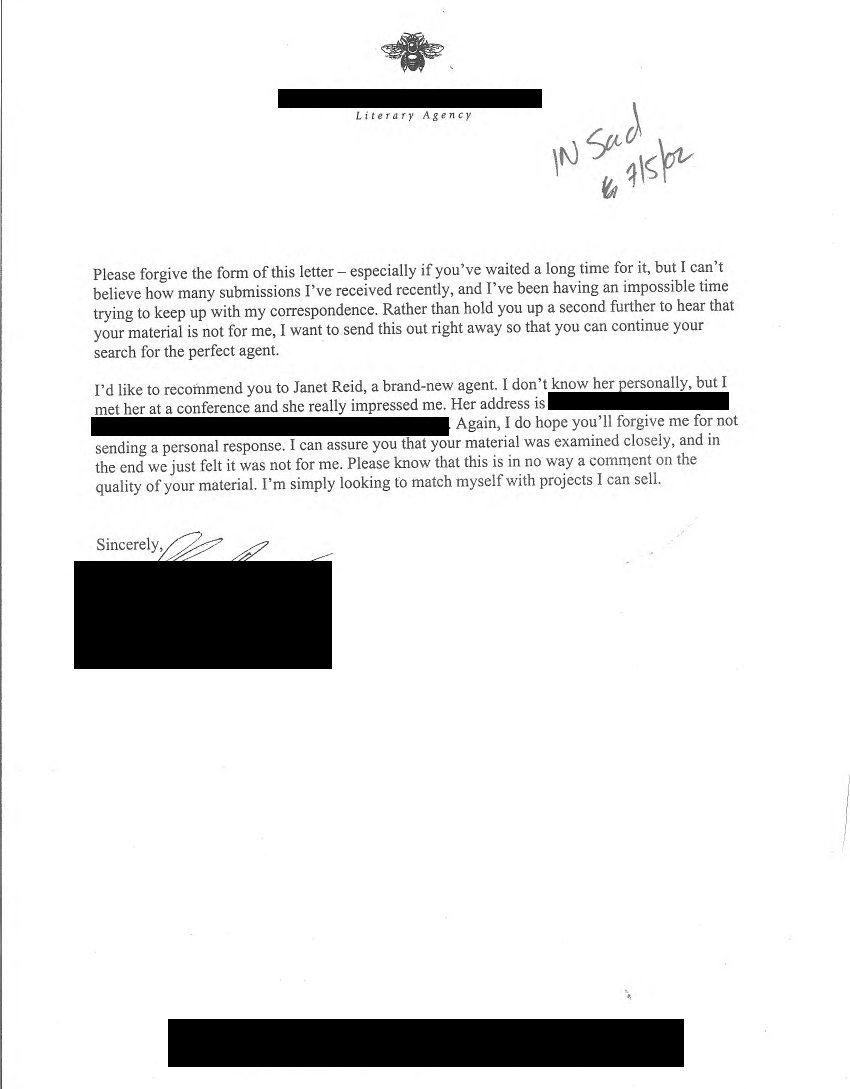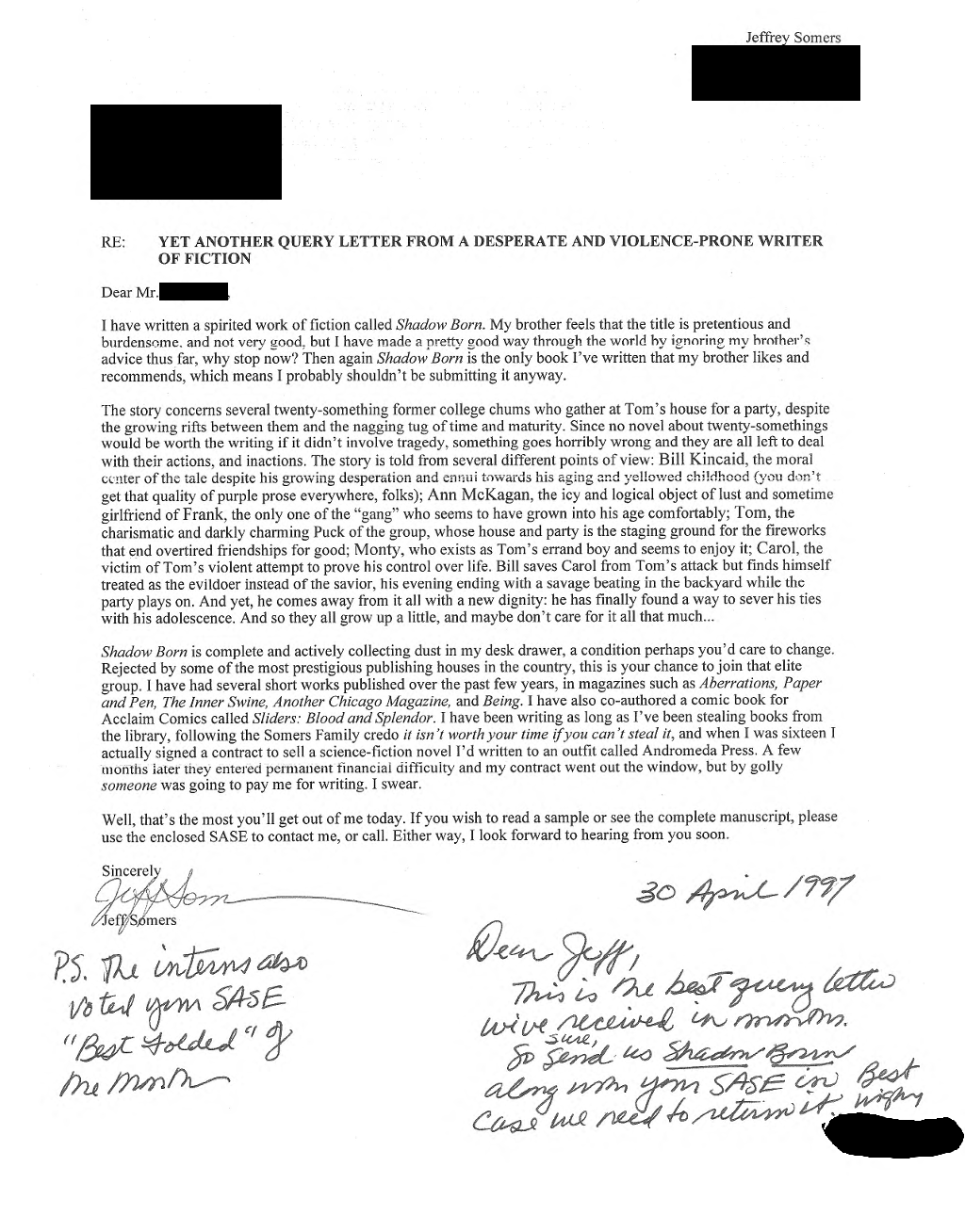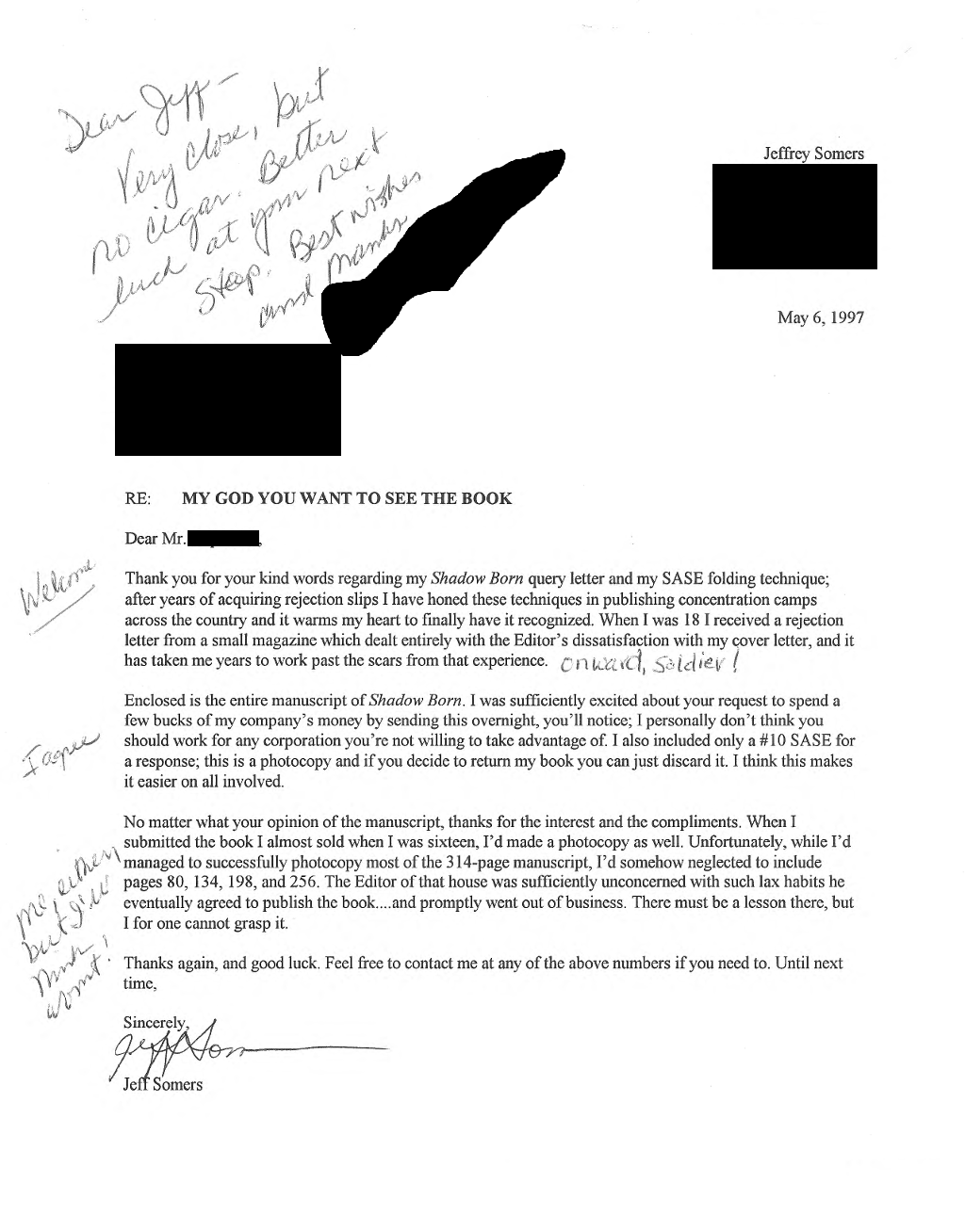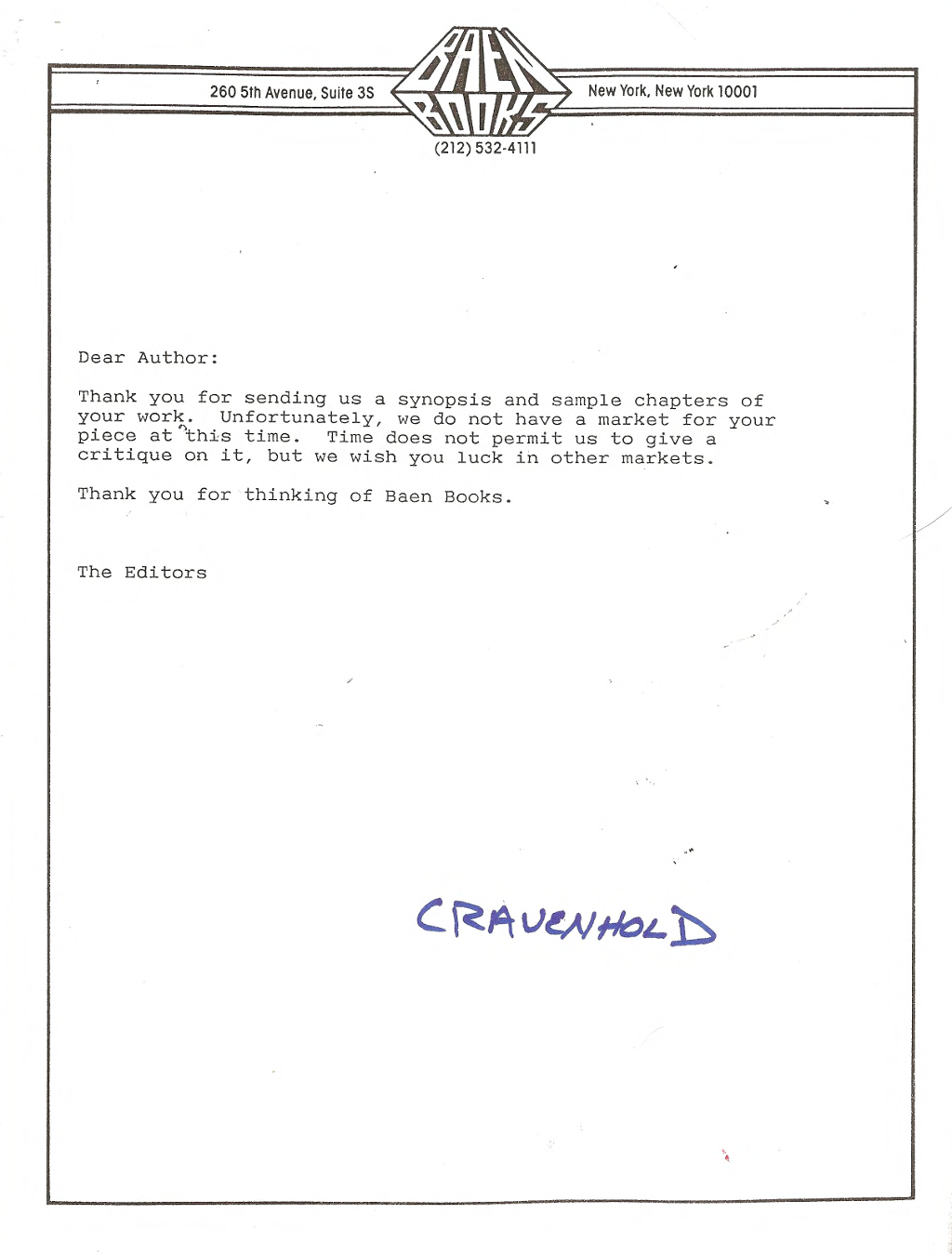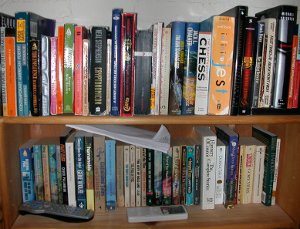When people talk about the craft of writing, there’s a tendency to focus on novels. Everyone’s writing a novel, hoping to sell a novel, or discussing someone else’s novels. Few writers seem all that interested in the short story; in fact I sometimes get the impression that a lot of writers view the short story as a quaint concept not worth exploring, or as a receptacle for failed novels—if your idea didn’t have the legs for 80,000 words, settle for 15,000 and call it a day.
Now, that can work, actually, and I’ve done it. And short stories don’t pay well (neither do novels, really; if you do the math I was paid 7 cents a word for The Electric Church) or sometimes at all, and for a long time now short stories haven’t exactly made anyone famous. But the fact that short stories aren’t like novels is precisely why you—yes, you—should be writing them. Every writer should be working on short stories, in fact.
The Pressure’s On
Short stories can be anywhere from 1,000 to 20,000 words—the exact word count definition varies depending on who you talk to. In general if you’re going to try to sell stories anything over 10,000 words will have a limited marketplace, but just from a writing point of view this range is fine. Because of their brevity, a lot of writers avoid working on them because they’re much more difficult than novels. In a novel, you can wander about and noodle for 10- or 20,000 words and no worries. In a story, you have to be a lot more efficient, which means you have to know pretty much what you’re doing.
The skills that short stories teach you are numerous, however:
- How to resolve a plot quickly, efficiently, and entertainingly
- How to boil a story down to the basic essentials
- How to establish a setting, sketch a character, and establish a premise in a very short amount of time
- How to plot around tight corners
I could go on. Basically, writing successful short stories is like a tiny writing class each and every time. I strongly suggest you work on short stories regularly. You can always try to sell them if they’re any good, and if they fail the extra credit benefit here is that you’ll have shit the bed with an idea in a short story you spent a few days or weeks on, instead of a novel you spent six years and and 100,000 words on.
And if you really want to push yourself, try your hand at Flash Fiction, 1,000 words or less. Here’s the shortest story I’ve ever written, 204 words:
Fick Meines Lebens
by Jeff Somers
HE knew, on some level, that nothing had really changed, but it felt different, and that was all that mattered. He’d taken action, and the end result was indistinguishable from success.
Until the storm.
The texts had begun as annoyances. Someone somewhere had mis-typed a phone number into a text and he’d been looped into a conversation in German. He ignored the incessant blooping of his phone as the texts rolled in, sometimes several every minute, one after the other. Then he replied asking to be removed from the chain.
The texts came faster.
He ran some through a translation web page. They were a running commentary on his decisions: The clothes he wore, the route he rode his bike to and from work, his diet, his shoes, his musical taste.
He downloaded blacklist Apps that didn’t work. He changed his number, and the texts came. Frantic, one day he carefully wrapped the phone in plastic and submerged it in a plastic container of water, and then put the container in the freezer.
And that worked. Until the thunder, the lightning, and the pounding rain. With a click, the lights went off.
And he thought: Fick meines Lebens.



